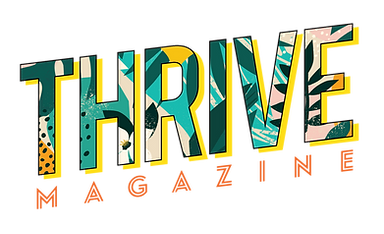Brave the Cage: Food for Thought
- mantramag
- Apr 1, 2017
- 2 min read
Our heroes at Animal Place
~
Instagram: @_animalplace
Photo: Marji Beach
Q: Tony Kanal mentioned you as one of his favorite and most important animal organizations. What do you do?
A: We rescue farmed animals from small and large farms, slaughterhouses, research facilities, and neglect or cruelty cases. Most live out the rest of their lives at our 600-acre sanctuary in Grass Valley, California, which is in the Sierra Nevada foothills between Sacramento and Lake Tahoe. We also operate a 60-acre animal shelter in Vacaville, outside California’s Bay Area, where needy farm animals are rehabilitated and placed in permanent homes, such as hens we save from egg farms—in the last five years, we’ve rescued more than 22,000 chickens. Our humane education outreach programs include Brave the Cage, where we invite people to step inside a human-sized battery to experience the life of hens in a typical egg farm, and Food for Thought, a campaign that encourages and supports companion animal shelters and rescues, wildlife organizations, and environmental groups that adopt animal-friendly vegan food policies for their official events. We offer tours, classes, retreats, and workshops at the sanctuary, volunteer and internship opportunities, and a Guest House where people can stay with us and enjoy the sanctuary life. We also own an all-vegan market in Berkeley, Vegan Republic, and all proceeds from the store go toward animal care and advocacy efforts.

Q: What about cage-free and organic farms?
A: We rescue approximately 4,000 hens every year from egg farms. These animals live in deplorable conditions, in small wire cages with three feet of feces piled up underneath. They have nowhere to nest, perch, or bathe, and never experience fresh air or sunshine. Even though they have many years of life ahead of them, once their production slows down, at 12-24 months, hens are typically killed and replaced with new ones. Even in cage-free farms, conditions are filthy. We’ve also rescued hens from organic egg farms who were sicker than their conventionally raised counterparts.
Q: How can we help?
A: Our needs are many: money to help care for the animals, more volunteers, a four-wheeldrive truck, sponsorships, and partnerships, to name a few. We never know when the next urgent rescue will happen. Every day, we get calls about animals in need, and every day there’s another reminder of the terrible apathy we humans feel towards other species. Yet, every day, our team does the hard work of animal rescue and sheltering, because a kiss from a cow or a cuddle from a chicken makes it all worthwhile.
.png)










Comments